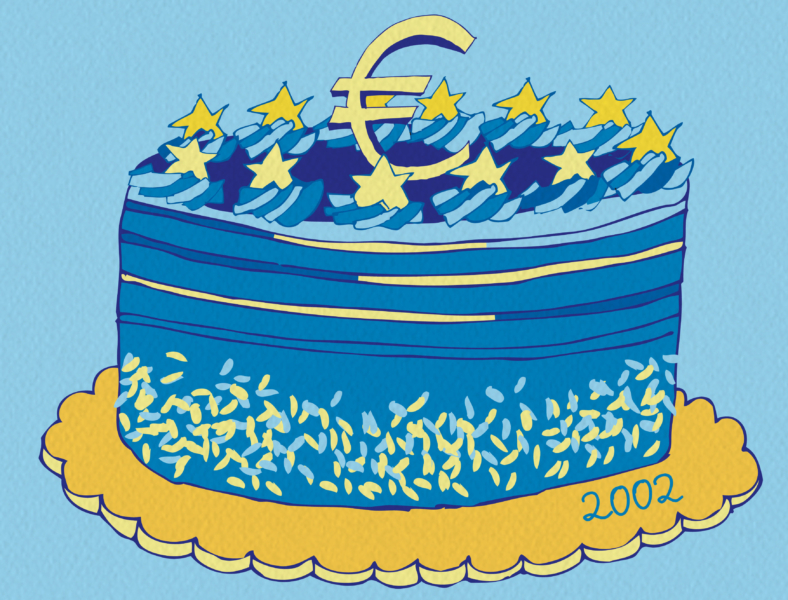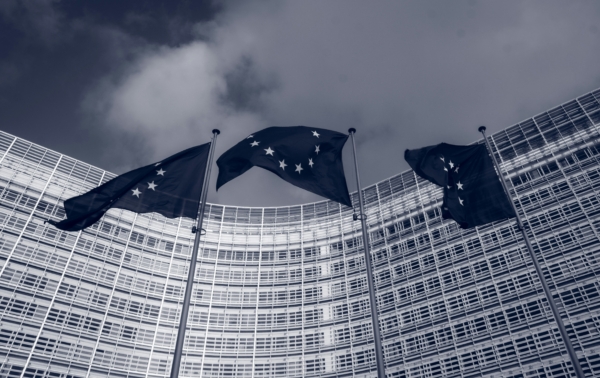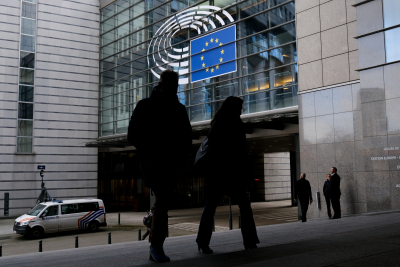Once a new President is selected, the Eurogroup needs to urgently confront its governance deficit, and negotiate a legal agreement on its European-level accountability.
Monday, the Eurogroup will choose a new President among the shortlisted candidates from Portugal, Luxembourg, Latvia and Slovakia. Whoever is chosen will face the daunting task of reconnecting the Eurogroup with the citizens it serves.
Recent developments have clearly shown the limitations of the Eurogroup. While its President should be accountable to fellow Finance Ministers and the European public at large, national finance ministers will mainly be worried about their perception with their national electorate. Beyond this conflict of interest, choosing a president from among finance ministers also brings uncertainty as to their mandates, reducing the chances of candidates that will face national elections, as happened with the Italian candidate, Pier-Carlo Padoan.
Whoever emerges will not only have to fit regional and party-political quotas, but will first and foremost have to prepare the Eurogroup for necessary reforms. The lack of formal EU competencies on economic governance has led to an ad hoc response to the eurocrisis and strengthened informal bodies like the Eurogroup as well as solutions outside of the EU treaties. This in turn creates a lack of accountability to citizens, according to a series of recent Transparency International EU reports.
While every finance minister is individually accountable towards their national parliaments, it is doubtful that every finance minister is prepared to be held accountable for every Eurogroup decision – especially if the Eurogroup has just pressured a finance minister into revising their budget. This is the kind of soft integration of originally national competencies that blurs responsibility and leaves citizens wondering who is actually in charge.
“Democratic accountability needs to happen at the level at which decisions are taken. If the Eurogroup takes decisions, it should be held accountable at the European level.”
Indeed, the Commission has described Eurozone decision making as “cumbersome” and in need of “greater transparency and accountability”, while Commissioner Moscovici qualified the Eurogroup as “a pale imitation of a democratic body”.
The informal Eurogroup and the absence of an agenda setting role for the Commission means that the most powerful Member States are in a position to strongly assert their interests behind closed doors. In any “intergovernmental” setting, there is a power-mismatch between large and small Member States. Outside of Eurozone governance, this problem is reduced by giving the Commission the mandate to act in the interest of the EU as a whole, by setting the agenda or issuing opinions on amendments in the case of legislative debates. There is no such mediation in the Eurogroup.
To tackle these challenges, the Commission will on 6 December publish a series of proposals, to merge, in the long term, the Eurogroup Presidency with the Commissioner charged with economic affairs, which will improve the Eurogroup’s visibility with the public and its accountability to the European Parliament. The Commission will also propose to move the euro’s ‘bailout fund’ ESM and the ‘Fiscal Compact’ into the EU treaties, alongside suggestions for a stabilisation fund and a euro area budget.
But the EU cannot continue proposing new tools without decisively increasing accountability. Political difficulty in agreeing to formally integrate such policies leads to short-term solutions, complicated compromises and ultimately informal integration “via the backdoor”, while neglecting the creation of adequate mechanisms for democratic control at the level at which decisions are taken. This is how the Eurogroup rose from an informal talking shop to a back-room power house. Meanwhile, citizens are increasingly viewing the Eurozone as split into creditors and debtors, with northerners on the hook for a spendthrift south, as the caricature goes. This risks further weakening the legitimacy of the Eurozone.
More decisive and immediate measures are needed for Eurozone institutions to reconnect with citizens increasingly sceptical of the euro’s legitimacy. With the window of opportunity before the EU legislative elections in 2019 closing fast, the European Commission, the Eurogroup, and the European Parliament should urgently begin negotiations on a legal interinstitutional agreement formally setting out the Eurogroup’s accountability to the European Parliament and to the citizens they collectively represent.






